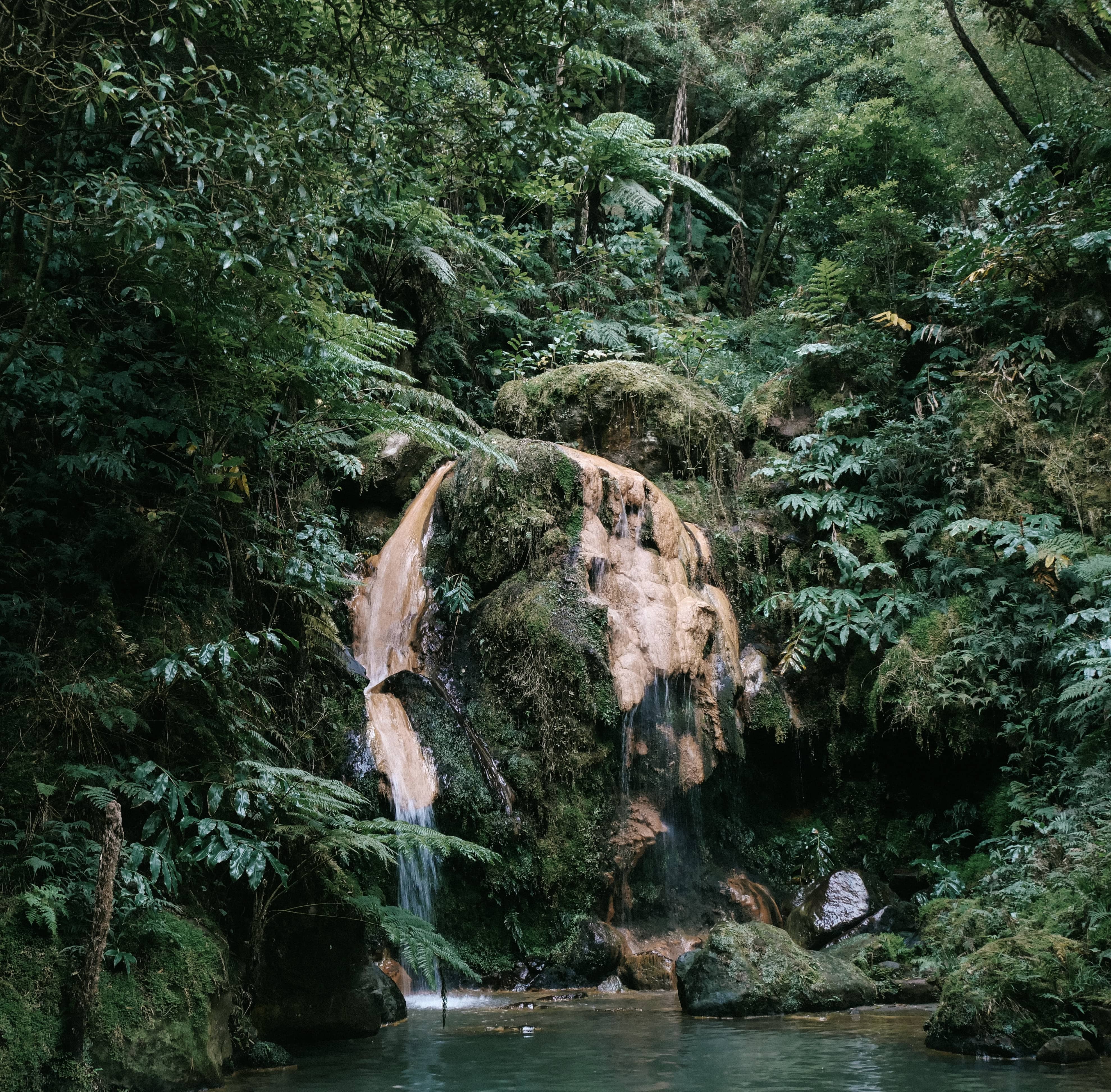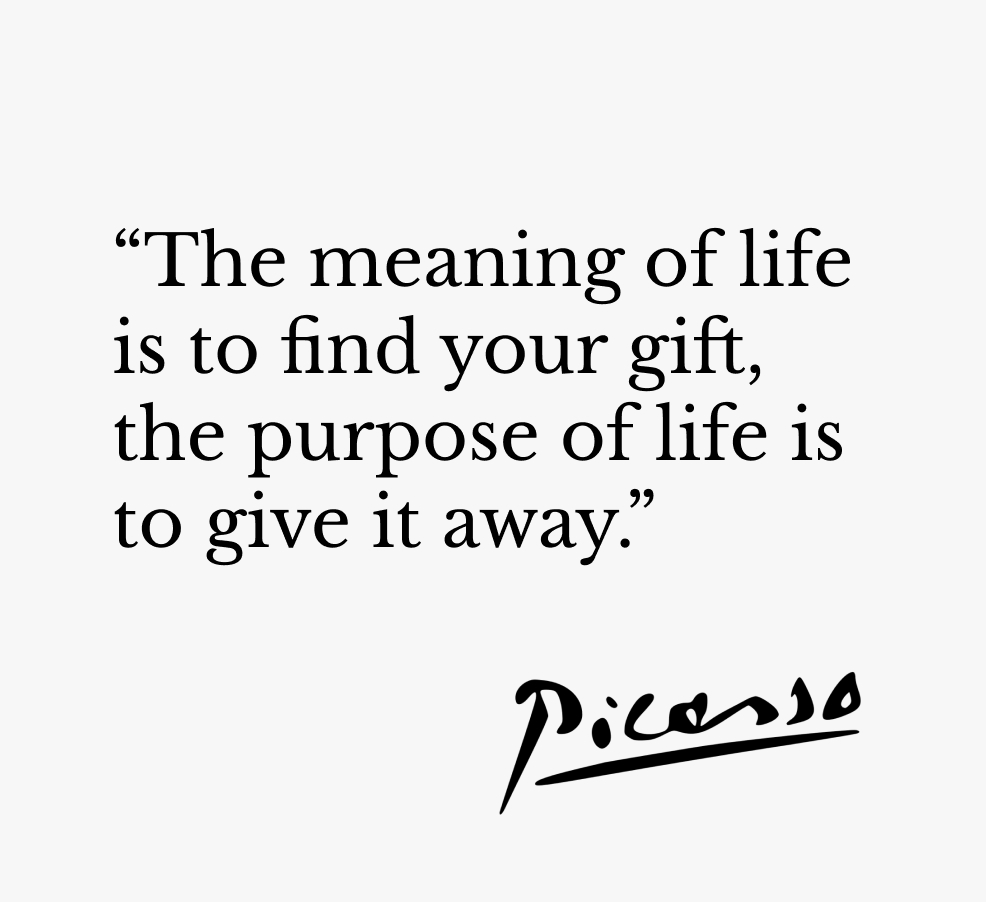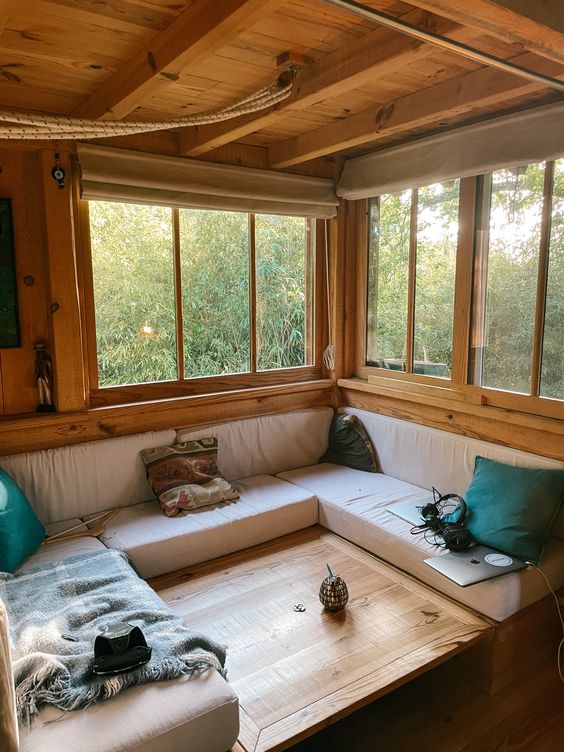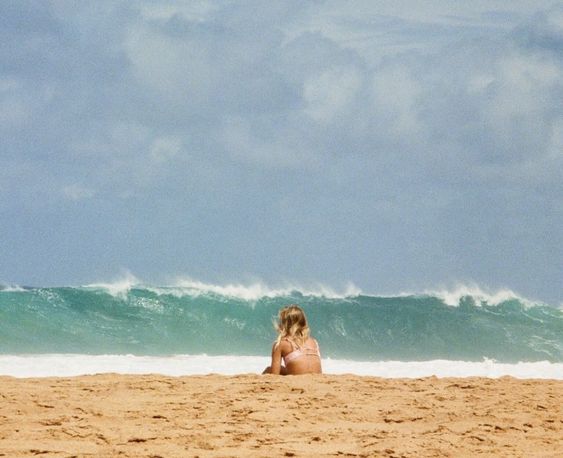ROAMERS’ DIGEST: ISSUE #2
Roamers’ Digest is a seasonal collection of short stories and resources to think and wonder. Related but not exclusively to solo travel, surfing, interesting music, adventure, outdoor sports and nature.
In this second issue, we’re talking serious bits like climate change and matriarchal societies. But also, a fresh dose of resources to spend a breezy summer (despite the crushing heat).
Enjoy ッ
Scroll down ︎︎︎
The Queens of Orango: An Examplary Model for Society
On a small archipelago off southwestern Guinea Bissau in Africa lays a calm village where women rule: the Bissago tribe (also referred to as the Bijago tribe).
Women have been in power for centuries here, responsible for all decisions regarding their green Eden. They focus on regenerative agriculture, live in small, close-knit communities where everyone knows each other and works together for the common good.
The Bissago tribe's traditional way of life is a reminder that there is another way to live. A way that is based on cooperation, respect, and kindness.
Heck, they even prevented a war that could have destroyed their entire civilization. Respect.
Watch the documentary in French ︎︎︎
RAMBLING THOUGHTS
On having hope and if it’s worth it
When watching the Bissago tribe documentary, one can't help but think, "What if women had been ruling the world since the beginning?"
I'm no hardcore feminist. But as I researched more into matriarchal societies, there are some patterns we can't ignore: it seems that if more women had been in power throughout History, our world could have maybe been a gentler place to live in. Where humans can thrive without destroying the Earth.
The American anthropologist Peggy Reeves Sanday explains in his book Female Power and Male Dominance (1981) that societies where women enjoy power and prestige (yes, there are a few, although largely isolated) tend to be located in areas with rich natural resources. These societies often view nature as sacred and highly value cooperation, equality, and peace. They take from nature only what they need and focus on regenerative agriculture and the sharing economy - current buzzwords that should be the norm.
The Bissago tribe's traditional way of life is based on harmony, collaboration, and respect for traditions and nature. It's a striking contrast with the capitalist system that most countries follow: a model based on competition, individualism, and the constant pursuit of growth and profit while exploiting people and natural resources.
We could learn a lot from the Bissago tribe. We could learn to value cooperation over competition, to respect each other and all living beings, and to live in communion with nature. If we could do this, we could create a more just and sustainable world for ourselves and future generations. We could, perhaps, even slow down the disastrous consequences of human-induced climate change.
I'm no hardcore feminist. But as I researched more into matriarchal societies, there are some patterns we can't ignore: it seems that if more women had been in power throughout History, our world could have maybe been a gentler place to live in. Where humans can thrive without destroying the Earth.
The American anthropologist Peggy Reeves Sanday explains in his book Female Power and Male Dominance (1981) that societies where women enjoy power and prestige (yes, there are a few, although largely isolated) tend to be located in areas with rich natural resources. These societies often view nature as sacred and highly value cooperation, equality, and peace. They take from nature only what they need and focus on regenerative agriculture and the sharing economy - current buzzwords that should be the norm.
The Bissago tribe's traditional way of life is based on harmony, collaboration, and respect for traditions and nature. It's a striking contrast with the capitalist system that most countries follow: a model based on competition, individualism, and the constant pursuit of growth and profit while exploiting people and natural resources.
We could learn a lot from the Bissago tribe. We could learn to value cooperation over competition, to respect each other and all living beings, and to live in communion with nature. If we could do this, we could create a more just and sustainable world for ourselves and future generations. We could, perhaps, even slow down the disastrous consequences of human-induced climate change.
But I have little faith this is going to happen.
Like Jonathan Franzes shares in his brilliant article in The New Yorker, I also believe that whatever we do now, no matter the monstrous efforts governments and each of us make, it's too late! Every scientific report points into one direction: a scorching hot future. More powerful and frequent storms. Worldwide poverty and famine. Flesh-eating viruses. Earthquakes will roar, and volcanos will blow. For surfers like me, the vision’s already bleak in the Basque country where I live. Frequent water contaminations have resulted in beach closures. The waves are perfect, but we can’t surf them because we can get sick from the algae. As the ocean continues to heat up, the less we’ll be able to surf.
If I can't surf, there's not much left for me on this Earth.
And yet, a twinkle of hope lit up in me when learning more about the Queens of Orango - the Bissago tribe.
There is another way to live. It's a drastic change, but with a community, it's possible. It might mean buying land, sharing it with others, staying close to our families, and living in the same place for the rest of our lives.
For someone like me who can't stop moving from one country to another, it's a scary thought. But to keep surfing, I'm willing to commit.
In the meantime, and while we find jobs that can pay us a piece of land (lol, I'm doomed), we can take steps to consume less.
Let's think twice before buying something. Let's spend more time offline - according to Global Citizen, "every time you check your accounts, it uses energy created mainly by fossil fuels, and over the course of the year, the resulting greenhouse emissions heat up the atmosphere." TikTok has the biggest carbon footprint, higher than Netflix and Google.
Travel slow. Shop less. Be kind. You know, the little bits. When they add up, they make a difference.
4 handy resources that made the cut this summer︎
#1
This article on The New Yorker—although a bit old (from 2019), this article couldn’t be more current. It’s a delightful cynical read - and a vital one, amid worldwide heat records bing broken.
Check it out ︎︎︎
#2
This big list of travel tools—a huge list on Notion of free resources (60+) to prep your summer travel plans - curated by me. Duplicate it to your Notion workspace, it’s free.

Check it out ︎︎︎
#3
The Commons app: practical tools for a sustainable life—Commons helps you grow your carbon intuition so we can shrink our collective impact. The app syncs your spendings to automatically measure the footprint of your purchases and lifestyle choices. Uncover your highest-emissions purchases to decide where to start making changes.
Check it out ︎︎︎
#4
This animated documentary: WALTZ WITH BACHIR—Another look at the Sabra & Shatila gruesome massacre that happened in 1982 in Lebanon, seen through the eyes of an Israeli soldier. It doesn’t tell the whole story, but it lets us understand conflict from different perspectives.
Check it out ︎︎︎






